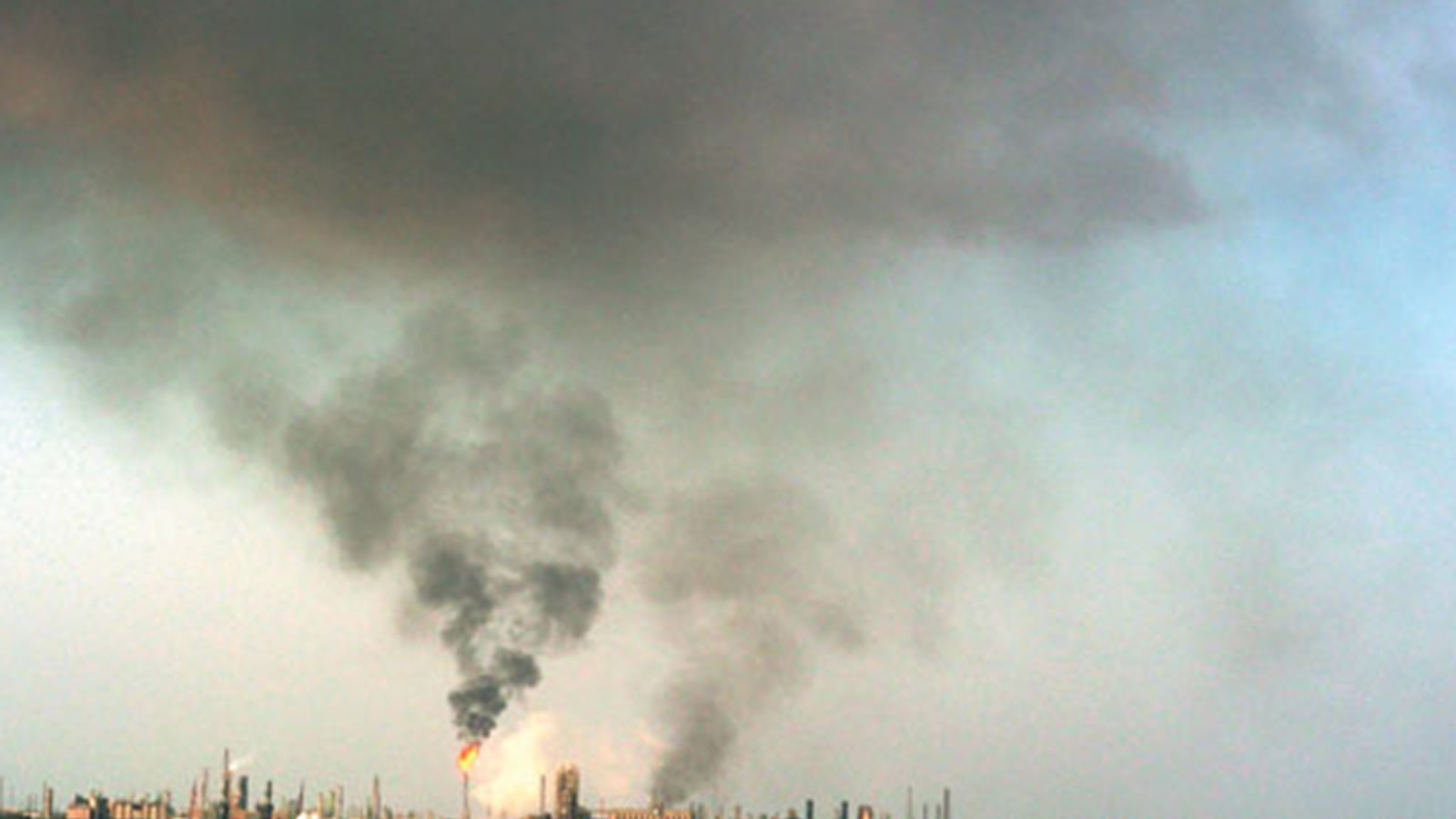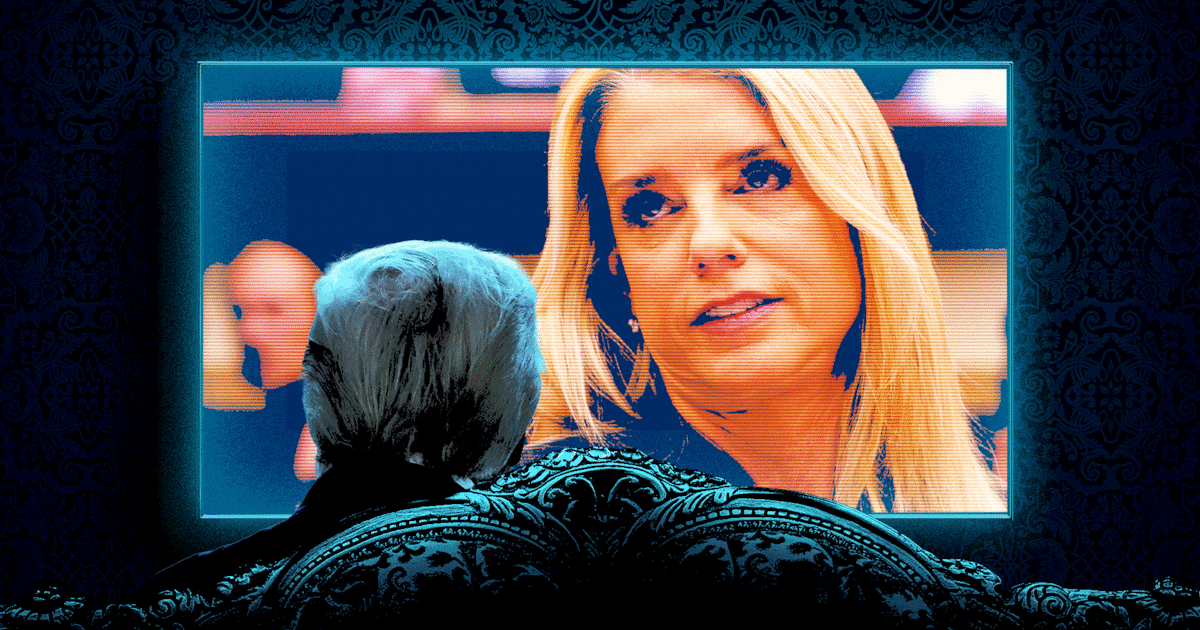A shameful court decision in Texas shows why we need to see pollution for what it is: violence, usually against poor and vulnerable people.

The situation is Erin Brockovich stuff. A Citgo refinery bordering Corpus Christi’s poor, largely minority Hillcrest neighborhood was illegally allowing benzene and other pollutants to escape its tanks. A jury found it guilty, not just civilly, but criminally. This unusually severe judgment was the first criminal conviction of a refinery operation under the Clean Air Act. With the support of the Justice Department, the victims sought what victims of ordinary crime expect when possible: restitution from the wrongdoer to make them whole.
U.S. District Judge John D. Rainey decided Wednesday that victims of Citgo’s criminal—literally criminal—pollution will receive no restitution. Citgo won’t have to pay any of the $55 million that the Justice Department had requested.
The money would have gone to compensate the victims, pay for future health screenings, and in some cases relocate households. Instead, Citgo will pay only a $2 million fine that is the legal minimum for its criminal violation of the Clean Air Act. This was the first time an oil refinery had been held criminally liable under the Act.
Benzene causes cancer, thins the blood to cause symptoms resembling hemophilia, and damages fetuses exposed to it. Because a jury found Citgo a criminal under the Clean Air Act, 800 Hillcrest residents qualified as crime victims. Normally that means that, when the criminal has money, a court will order payments to make the victim whole, or as close as possible.
Citgo has money, to put it mildly. The Justice Department estimates it earned $1 billion in profits—and of course many times that in gross revenue—from the law-breaking refinery when the violation was active. Judge Rainey argued that calculating the victims’ damages would take too long—even though the victims have already waited since the jury first returned a “guilty” verdict in 2007, and would rather get compensation later than a lump of coal and a pat on the back now.
Environmental laws are still seen too often as “regulation”—government telling you how to do your business—rather than core legal protections that everyone deserves. Benzene makes people sick, shortens lives, and harms future generations. If Citgo had hired thugs to beat people up in Hillcrest, we’d know that was a crime of violence. If Citgo had poisoned its neighbors, à la Game of Thrones, we wouldn’t doubt its criminality. Here, “all it did” was to violate a criminal law by poisoning its neighbors slowly. That should be enough.
Sometimes violence is slow. That’s one of the core lessons of ecology. Poisons can take a long time to do their work. The super-storm that climate change throws against the coast of Bangladesh next year may come from greenhouse gases emitted decades ago. So here’s a rule: If someone commits a crime that hurts or kills another person, that’s a crime of violence, even if the violence comes later.
This shift in thinking is so important because our current thinking lets polluters get away with murder. The Citgo prosecution is highly unusual in that the government even brought it to trial and pressed for strong restitution. As University of Virginia law professor Brandon Garrett shows in his soon-to-be-published book, Too Big to Jail, when corporations break the law, prosecutors tend to back off and make deals, intimidated by the companies’ huge resources.
A regular person facing prosecution is likely to get the book thrown at her, end up pleading guilty, and likely forfeit a chunk of her property. (The last can be very convenient for police departments.) Corporations can match and beat prosecutors, which means they can often afford to break the law—even at the cost of other people’s health and lives. Companies getting away with this only reinforces the impression that illegal pollution, along with lots of other shady dealing, is business as usual, not a breach of the social compact.
Recently, corporations and corporate-friendly environmental groups have been arguing for a profit-oriented approach to environmental protection, where companies are encouraged to invest in “ecosystem services” like wetlands and forests that may serve their bottom line more cheaply than industrial substitutes. It’s intended to make environmentalism more moderate, unthreatening, and pragmatic.
There’s something to the idea, but if we’re going to treat the natural world as a financial asset, we had better ask whose asset it is. According to the Clean Air Act, poor residents of Corpus Christi had a legal right to a certain level of non-toxic air, which Citgo violated. Citgo used the public’s air for its own bottom line, as surely as if it had dumped its empty tanker cars in their backyards. It should pay up.
The Citgo case is a classic environmental injustice. The victims, as mentioned, are mainly poor and minority. But it’s even worse than that. When environmental harms violate the legal rights of powerless people, like the right to clean air, the legal system responds lamely compared to the protection it gives patent holders, elite investors—or companies like Citgo when, for instance, environmental protesters trespass on their property. The rights that should protect poor people downwind of a refinery get treated as lightweight compared to the right to operate, invest in, and profit from the refinery.
We need to see the Citgo harm in Corpus Christi as part of a larger pattern, ranging from the devastating drinking-water pollution in West Virginia this year to the way the carbon economy continues to roll along as climate-change warnings pile up. If these are business as usual, then business as usual is not OK.
Communities that lack economic power tend to depend more on public rights, the rights we all share, than private rights, like the right to operate your factory as profitably as you can. Those public rights include breathable air and protection from criminal violence. Maybe we will take a step toward treating public rights more seriously when we start to see that criminal pollution is already violence on the lives and bodies of vulnerable people.






